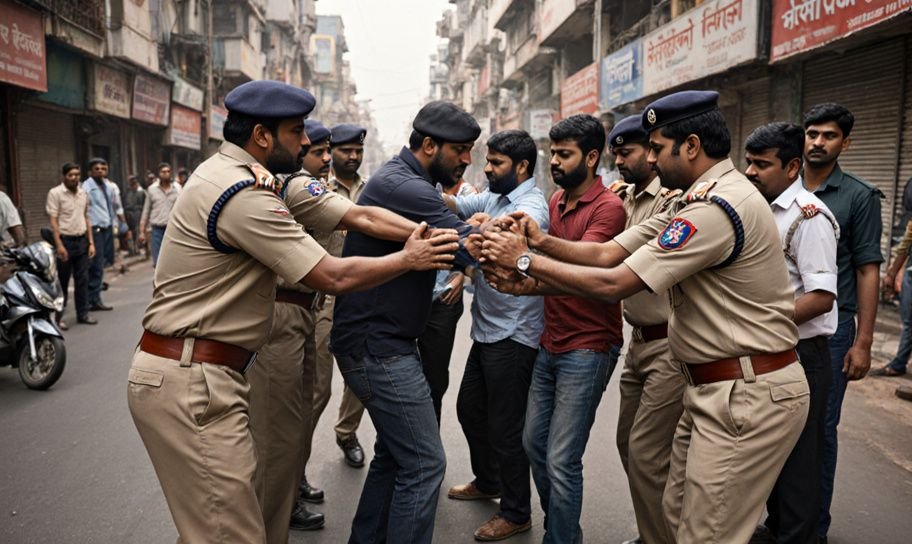
Summary: The Bombay High Court's Nagpur Bench recently canceled several detention orders under the Maharashtra Prevention of Dangerous Activities Act, 1981. The court found these orders to be issued without proper legal reasons.
The case involved multiple requests to cancel detention orders issued under the Maharashtra Prevention of Dangerous Activities Act, 1981. These orders were intended to stop people from acting in ways that could disrupt public peace.
The case was overseen by Judges Anil L. Pansare and Siddheshwar S. Thombre, who listened to arguments on September 11, 2025, and gave the decision on September 30, 2025.
The main problem was whether the detention orders were given and confirmed without really considering the reasons that supposedly required such action. MRUNAL MAYUR GAJBHIYE argued that his basic right to personal freedom was being taken away without following the proper steps.
"Taking away personal freedom must follow a legally set process," the court emphasized.
The court found that the detention orders were given in the same way across different districts without specific reasons. The State Government had given its powers to District Magistrates without explaining the situations in each area.
The judgment mentioned past Supreme Court decisions, stressing that the power to detain should be used wisely. It pointed out the need for the State Government to explain the situations that justify such detention.
The court criticized the Advisory Board for not checking the detention orders independently. It stressed the importance of the Board's role as a protection against unfair detention.
The court noted the lack of detailed reasons in the orders of approval and confirmation. These orders were often made by lower-ranking officers without properly looking into the situations.
"The detention orders were given as thoughtlessly as the orders of giving powers," the court noted.
In the end, the court canceled the detention orders, citing a lack of legal and procedural compliance. MRUNAL MAYUR GAJBHIYE was ordered to be released unless he was needed in other cases.
"The orders of giving powers, detention, approval, and confirmation of detention do not hold up under legal examination," the judgment concluded.